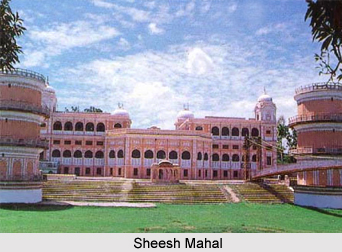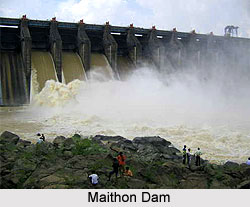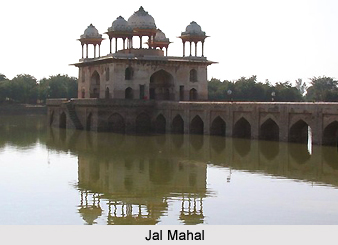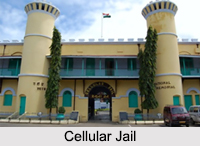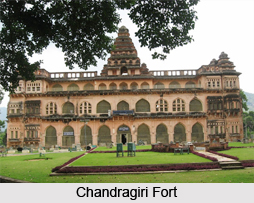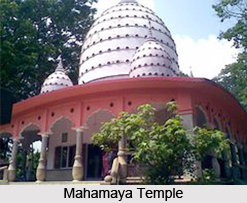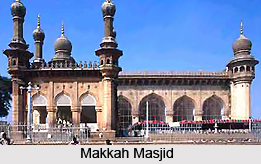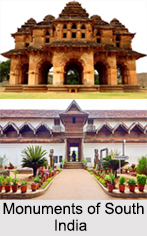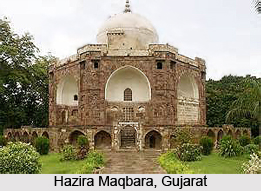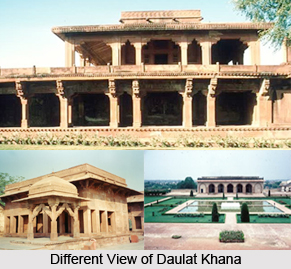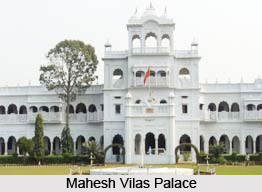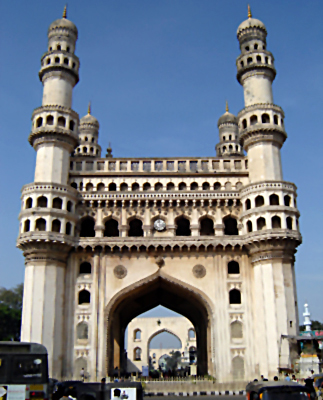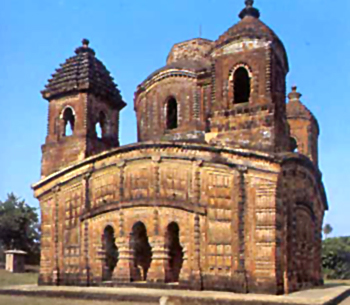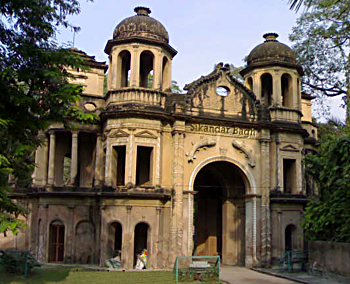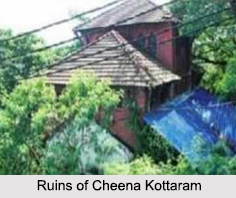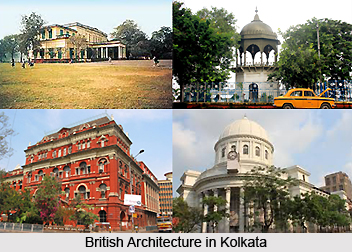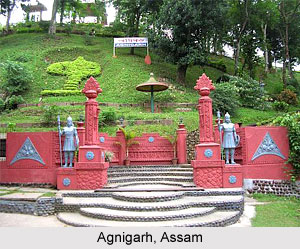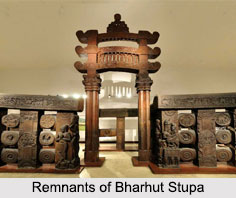Vallimalaikkuttu is a form of folk art that is part of the culture of Tamil Nadu. Its mention is found in the Tamil epic, Silappathikaram. Vallimalaikkuttu is a format that commands attention. The vanquished leader and his war elephant have been killed in the battle. The soldiers of the victorious camp surround the slain king and the elephant, brandish swords, dance and sing. The swirling of swords is an important part of the dance technique. It suggests a predetermined code in store, an `artistic typization.` Atiyarkkunallar, commentator of Silappathikaram has also listed down about hundred varieties. All of them are group activities.
A dialectical approach can also be noticed. There is a definite, unambiguous link between the content and the format. Since it gives an axiological emphasis it is `artistic`, that is, `beautiful`. The artistic phenomenon is `collectively polished`.
This article is a stub. You can enrich by adding more information to it. Send your Write Up to content@indianetzone.com
